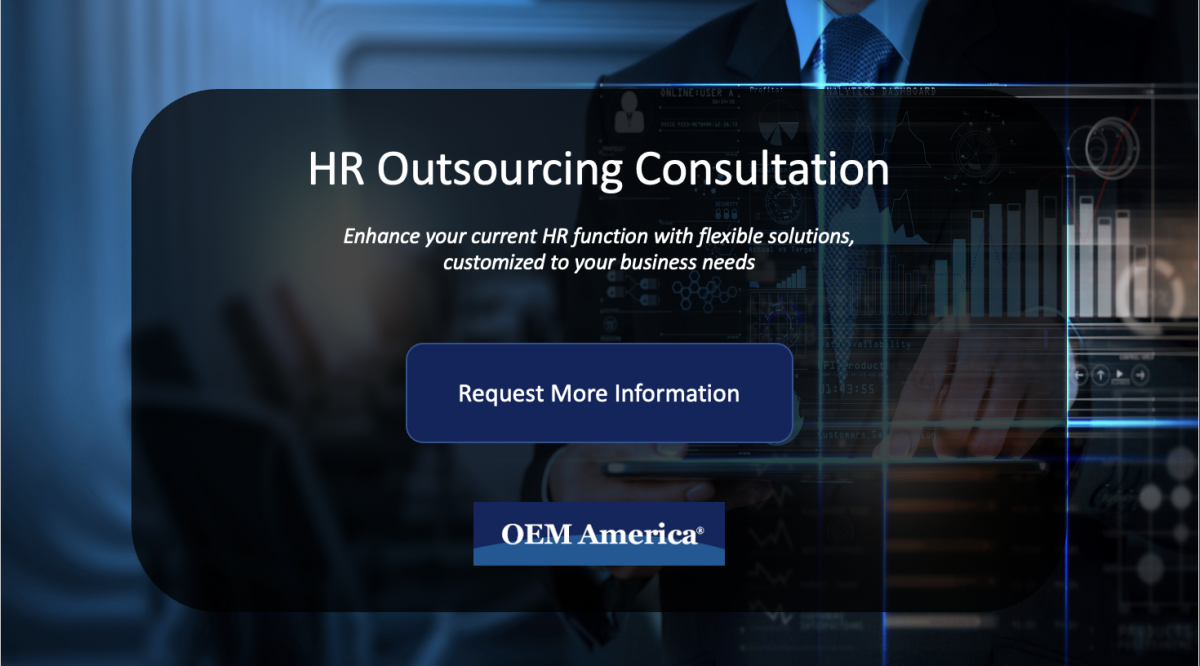The Importance of Emotional Intelligence in HR
The importance of emotional intelligence at your organization is more than just keeping employees happy, it can have a drastic impact on your long-term revenue. Did you know that emotional intelligence has a 58% influence on job performance? It’s no coincidence that many high performing organizations also score high in emotional intelligence. Here’s the importance of emotional intelligence in HR:
The Importance of Emotional Intelligence in HR
An emotionally intelligent workplace is far more likely to succeed than one that isn’t. By nature, people are emotional. When an organization can align emotions with work productivity, they can better address work related stress and prevent employee conflict. In HR, having emotional intelligence is crucial. You’ll be working with people and be required to address a variety of conflict. Having high emotional intelligence in your HR department can lead to better solutions for your organization, improving employee relationships and overall enhancing your organization’s performance.
Benefits of High Emotional Intelligence in HR
Having high emotional intelligence is successful in solving emotionally driven conflict. Other benefits for your team include:
- Building a positive influence with others and interacting productively
- Modeling empathy for the organization
- Becoming a trustworthy source of support
- Using one’s emotions to bolster the critical thinking process
- Developing self-motivation by harnessing positivity
5 Key Characteristics of Emotional Intelligence for HR Professionals
Here’s 5 Key characteristics every emotionally intelligent HR professional should have:
- Self-Regulation
Self-regulation is the ability to openly express yourself in a tactic way. Self-regulation helps to decrease emotional outbursts and channel more positive emotions during stressful situations.
- Self-Awareness
Self-awareness is crucial when receiving feedback, as this is the awareness of one’s strengths and weaknesses. Being self-aware helps to improve your performance and leverage feedback to increase productivity.
- Motivation
An emotionally intelligent person will harness great self-motivation as they complete tasks for self fulfillment rather than egotistic needs.
- Empathy
In HR, the ability to empathize with others is your way to understand how your coworkers feel and view situations from their perspective. People are more likely to follow someone who shows genuine empathy for others.
- Social Skills
Having good social skills is important is you want to make friends and build trust on your team. Superior professional skills are not enough to succeed in HR if one lacks social skills.
How to Increase Emotional Intelligence at Your Workplace
If your organization is lacking emotional intelligence, you can start encouraging workers to practice self-awareness by creating a culture of emotional support. Employees need to feel comfortable expressing their emotions to management. Creating a culture of emotional intelligence will not only increase productivity and reduce work related stress, but it will help to retain employees as there is less conflict. You can increase emotional intelligence in your workplace with several different strategies; here are some of the fastest ways your employees can increase their emotional intelligence:
- Help employees learn to separate emotions from personality
Emotions and personality are two very different categories. We all feel emotions- but the emotions we feel do not necessarily dictate our personalities. Remind your employees that it’s okay to feel emotions, but at the end of the day it shouldn’t determine your personality.
- Make employees feel valued
Employees want to feel valued for the work they contribute to your organization. If you wish to promote emotional intelligence across your team, start by showing your appreciation for your employees.
- Make feedback routine and fact based
Feedback should be constructive for your employees; management that is too assertive will only derive from the original problem and increase workplace conflict. Constructive feedback shows your employees that you care about their professional development in their career.
- Encourage stress management
Stress is something we all deal with from time to time, so it’s important to encourage stress management throughout your organization. Whether that be going for a ten-minute walk, or openly talking with management about stress related issues, every employee needs to find a healthy way to cope with their stress.
Go Back
